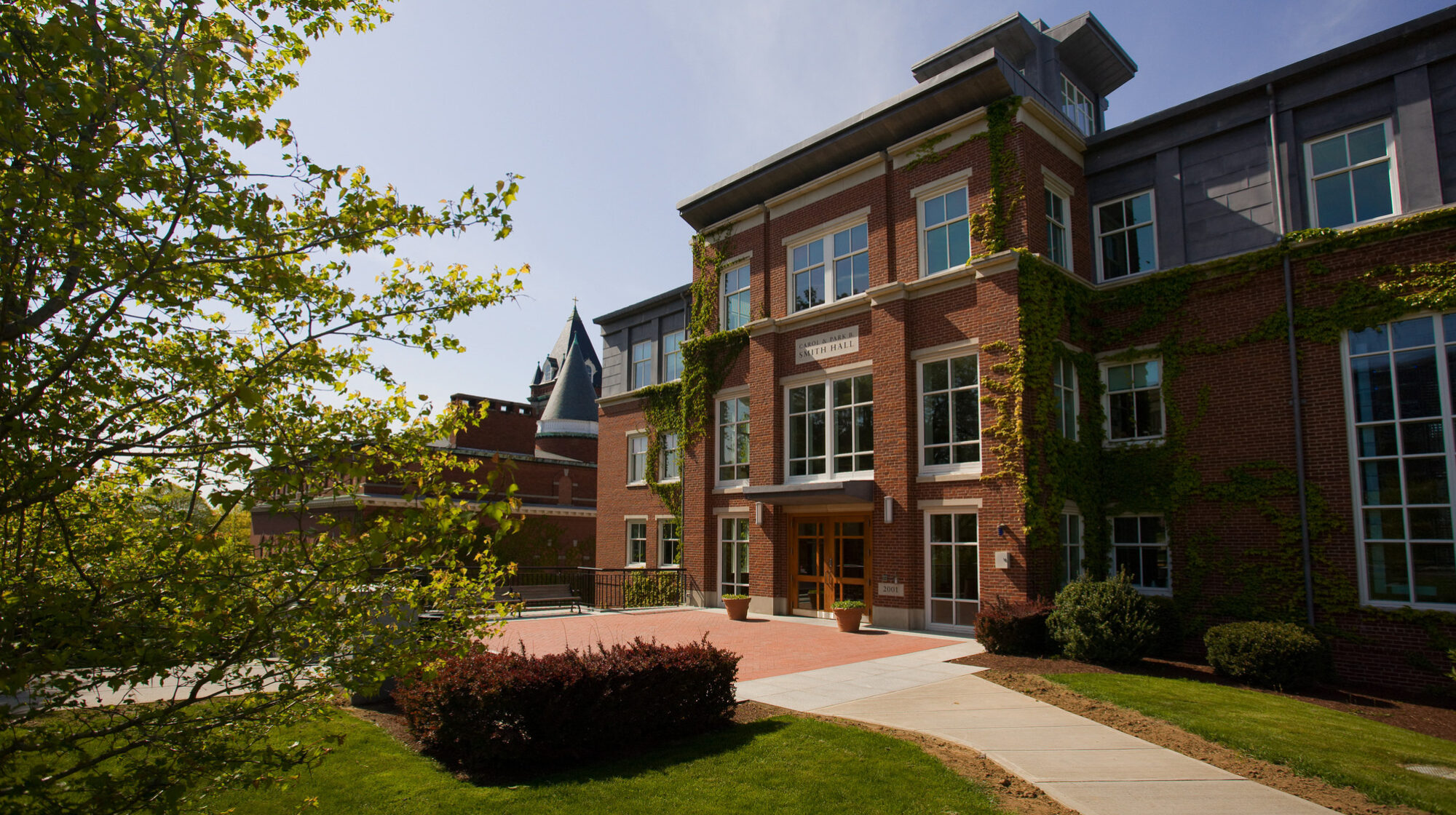
By Elisaveta Mavrodieva ’19
As I stepped into the bright summer air of Moscow, descending the airplane staircase into the Sheremetyevo Airport, I felt tears swell in my eyes. In part, it was because I was really happy to be done with the eleven-hour flight, but mostly I was ecstatic that I had stepped onto my birthland again– this time, however I was here for a purpose. After two days of flashing metro lights, an immersion into the endless waves of city life, and dipping my toe into the vast social complexities of the contemporary capital city through my participant observation, I took the train through the vast landscapes of fading greenery from Moscow to Volgograd. Again, I felt stirred seeing the Родина Мать, or the Motherland Calls statue appearing on the early morning horizon.
For my Weiss Summer Research Program project, I travelled to Volgograd, Russia and interviewed 32 women from different generations whose perceptions had been shaped by the historical time periods and changes that they lived through. 10 women were from my generation, 10 women were from my mother’s generation, and 10 from my grandmother’s. My initial question focused on gender equality, but the information I had gotten covered a plethora of other topics besides gender – my interviewees shared their beliefs, concerns and observations of the changes they have observed in Russia after the fall of the USSR.
The moment I arrived to my grandparent’s flat, I began scheduling interviews. I was lucky to have contacts with many people in Volgograd already, as my parents grew up in this city. Most women had been enthusiastic about sharing their stories. They wanted to be heard. My questions were few, but there was so much to be told. What was your childhood like? Have you felt Russia change over the past 30 years? Over the last 50 years? How does it feel to be a woman living in Russia? How do you imagine a feminine ideal? What is important to you? The stories began pouring in – stories of struggle, of loss, nostalgia, hope, and hopelessness. Many of the themes were similar – people loved Russia, and clung on to hope through the twists and turns of historical, economic and political changes. Happy childhoods, memories of the Great Patriotic War, hard work, reconstruction, growth, uncertainty, chaos, hope, improvement, decay. That is just a cluster or words. How should one compact all that they value, all that has happened – their entire lifetimes, in a two hour long interview? I was blessed to hear thirty-two of these incredible stories told by women of various age groups, social circles and perspectives. I was invited into many modest, but cozy and generous homes, offered delicious food, interesting advice and enthusiastic encouragement. I learned that it is important to bring to light points of view that challenge, inform and broaden the way we make sense of history and culture.
Now, with the kind and helpful guidance of my advisor, Professor Alvaro Jarrin, I am listening, translating, recording and making sense of the lifeworlds and habiti of these incredible women who allowed me a grateful glimpse into their lives. I am so grateful to College of the Holy Cross and the Weiss Summer Research Program for offering the opportunity to get a hold of this rich, and fascinating material – not only was I able to delve into a field of study I aspire dedicating my life to, I was also able to gather fascinating historical richness, complexity and nuance from the perspectives of remarkable Russian women.

